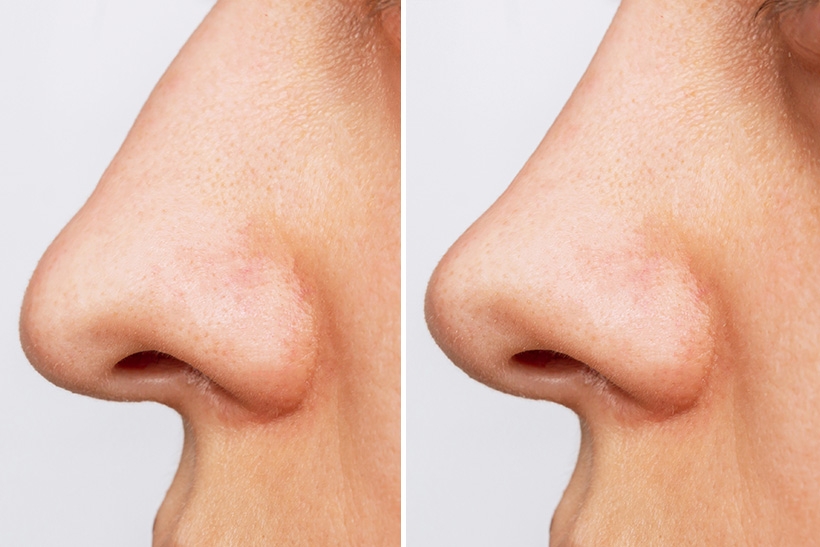Cosmetically, your nose takes center stage on your face, but it’s also a big player when it comes to functionality, too. Every breath you take comes — or should come — from your nose, which is why it’s so important for your nose to function properly.
Unfortunately, not everyone can breathe well from their nose, which is where the team at Houston Sinus Surgery comes in. Our director, Cecil Yeung, MD, is double board-certified in otolaryngology-head and neck surgery, as well as facial plastic surgery, making him the ideal surgeon for your rhinoplasty needs.
In fact, he has more than 4,000 rhinoplasties under his belt and boasts an extremely low redo rate of under 1%, well under the national average of 30%. In this blog, Dr. Yeung discusses rhinoplasty and how it may be able to help you breathe easier.
What can a functional rhinoplasty treat?
As we mentioned, nose jobs have long held a top spot among cosmetic surgeries, but a rhinoplasty can also play a valuable role in improving your health. Here are some examples of conditions that a rhinoplasty can treat:
Deviated septum
The septum in your nose is made of bone and cartilage, and it separates your nostrils. If it’s not in the center, this is called a deviated septum. While few people have truly equally sized nostrils, a moderate-to-severe deviated septum can interfere with your breathing.
The two main reasons people have deviated septums are injuries and congenital issues. Through a rhinoplasty, we can reposition your septum so it more evenly divides your nostrils, which can help you breathe better.
Small nostrils
Another issue we encounter are nostrils that are too small for breathing properly, which we can remedy during a rhinoplasty.
Sinus or allergy issues
If you have sinus issues, allergies, or both, the turbinates in your nose can become enlarged and hamper your ability to breathe. Turbinates are small networks of bone, blood vessels, and tissue that help regulate airflow in the nose. With constant irritation from sinus infections or allergies, your turbinates can swell and block your nasal passageways.
With a rhinoplasty, we can reduce the size of your turbinates to allow more airflow.
While this blog is more focused on the functional rhinoplasty, this doesn’t mean that we can’t also combine goals and make any tweaks you’d like in terms of shape and size of your nose, turning the procedure into a functional and cosmetic one.
What’s involved in a rhinoplasty?
How your rhinoplasty is performed would depend on the condition being treated. However, there are some things that are usually the same with all rhinoplasties.
First, Dr. Yeung typically performs rhinoplasties on an outpatient basis. This means you’ll likely be able to go home the same day. Furthermore, Dr. Yeung performs most rhinoplasties in his state-of-the-art, fully accredited facility, which is located on the premises.
Also, Dr. Yeung uses the latest minimally invasive surgical techniques. This means that compared to techniques of the past, there will be less scarring, reduced risk, and less recovery time. When you leave, Dr. Yeung will provide you with complete aftercare instructions, and you’ll be able to contact our office if you have any questions.
To learn more about getting a rhinoplasty, and to see if one may be able to help you, book an appointment online or over the phone with Houston Sinus Surgery today.




